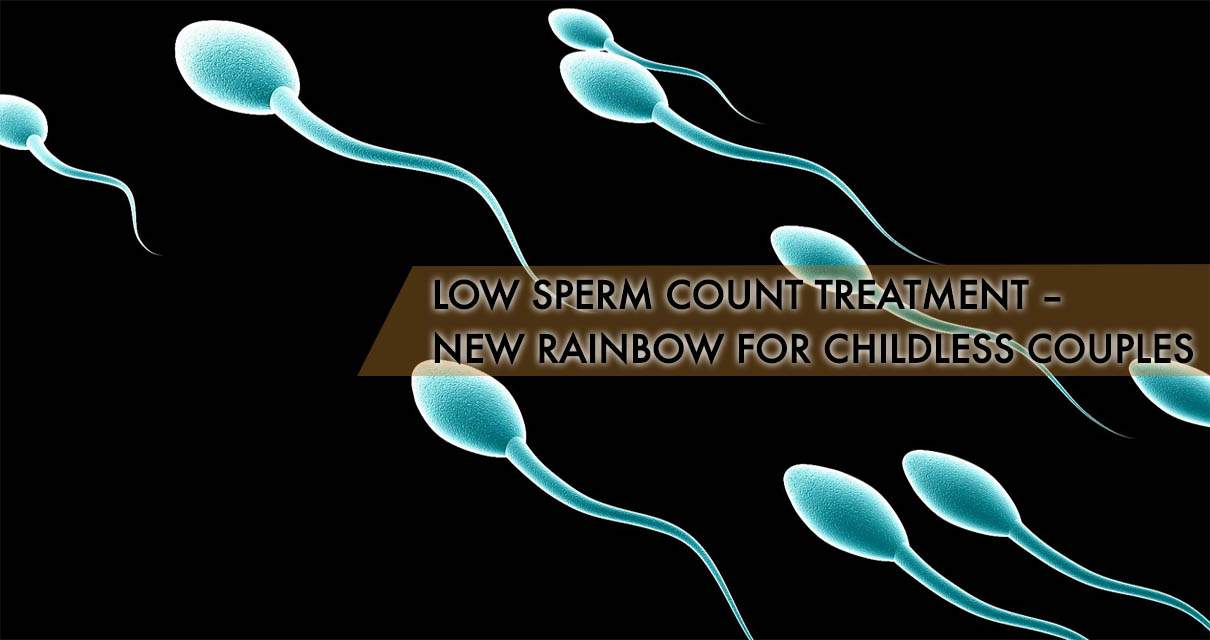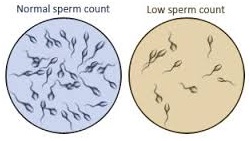
Ovulation disorders, which affect the release of eggs from the ovaries.Treatment for cancer can impair sperm production, sometimes severely.Ĭauses of female infertility may include: Damage related to cancer and its treatment, including radiation or chemotherapy.Frequent exposure to heat, such as in saunas or hot tubs, can raise body temperature and may affect sperm production. Cigarette smoking, alcohol, marijuana, anabolic steroids, and taking medications to treat bacterial infections, high blood pressure and depression also can affect fertility. Overexposure to certain environmental factors, such as pesticides and other chemicals, and radiation.Problems with the delivery of sperm due to sexual problems, such as premature ejaculation certain genetic diseases, such as cystic fibrosis structural problems, such as a blockage in the testicle or damage or injury to the reproductive organs.Enlarged veins in the testes (varicocele) also can affect the quality of sperm. Abnormal sperm production or function due to undescended testicles, genetic defects, health problems such as diabetes, or infections such as chlamydia, gonorrhea, mumps or HIV.Infertility causes can affect one or both partners. Sometimes the issues that cause infertility in couples are present at birth, and sometimes they develop later in life. The ovaries, fallopian tubes, uterus, cervix and vagina, also called the vaginal canal, make up the female reproductive system.Īll of the steps during ovulation and fertilization need to happen correctly in order to get pregnant. Others in your family with infertility problems.Small testicles or swelling in the scrotum.


A history of testicular, prostate or sexual problems.A low sperm count or other problems with sperm.Men should talk to a health care provider if they have: Have been diagnosed with endometriosis or pelvic inflammatory disease.Are age 35 or older and have been trying to conceive for six months or longer.Women should talk with a care provider earlier, however, if they: You probably don't need to see your health care provider about infertility unless you have been trying regularly to get pregnant for at least one year. Most couples will eventually conceive, with or without treatment. In some cases, men with infertility may have some signs of hormonal problems, such as changes in hair growth or sexual function. Sometimes, women with infertility may have irregular or absent menstrual periods. The main symptom of infertility is not getting pregnant.


 0 kommentar(er)
0 kommentar(er)
